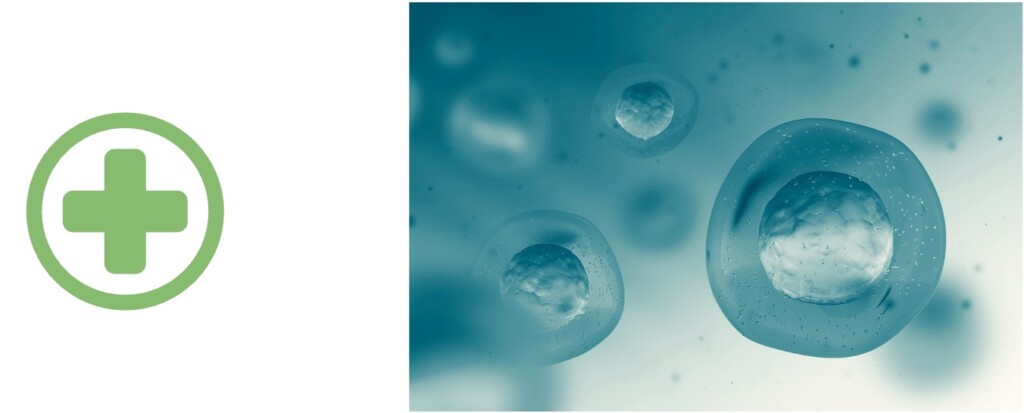
In a recent studyfrim a Chinese university, a high impact solution has been discovered for infections that are resistant to several groups of drugs (antibiotics). Thanks to biomimicry, scientists have been able to imitate fragments of one of the several types of immune cells that usually generate a response to infectious diseases, called macrophages. These are responsible for attacking inviading bacteria.
One of the most interesting aspects is that the particles generated by researchers are capable of selectively locate and eliminate bacteria called MDR Escherichia Coli which are common in diseases such as peritonitis. Specifically, these fragments produce two chemical compounds called hydrogen peroxide (H2O2) and fat droplets (lipids). The first triggers a reaction that causes the surrounding environment to become toxic; the second releases protein segments that attack specific sites on the bacteria. In this way, one of the functions of the immune system is mimicked for a very relevant development in medicine, thanks to the conceptualization of biomimicry.
Source: Bollyinside

